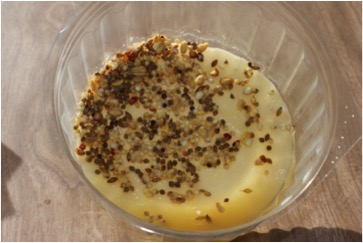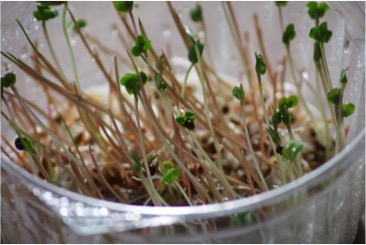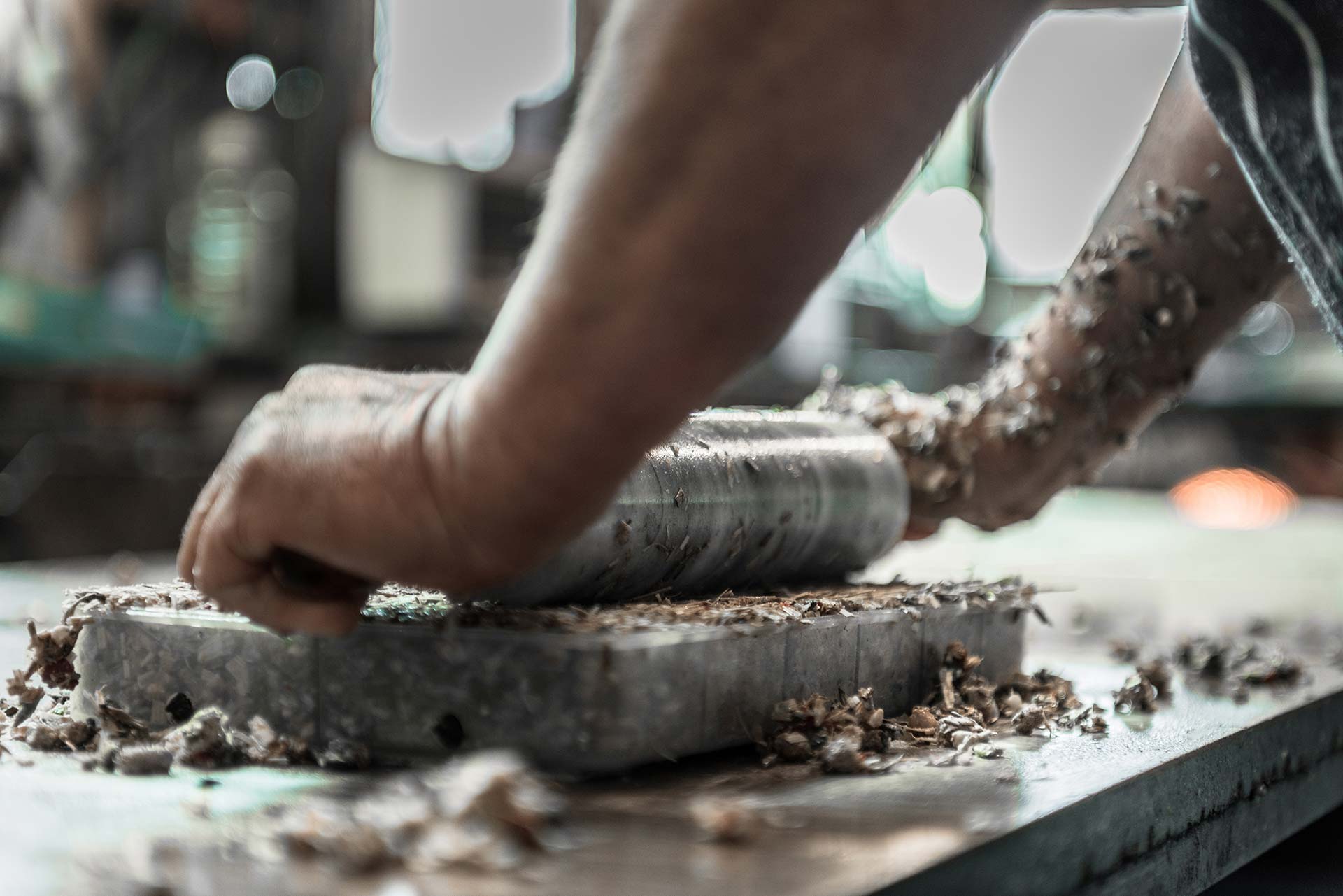A natural advantage
Why New Zealand grown seed is better for your pets
When feeding seed-based products to birds and small animals, it’s important to consider the source of ingredients. Soil quality directly affects the nutritional content of seeds as well as the blend of vitamins and minerals.
Food for thought
A healthy seed will sprout. Sprouting indicates that enough nutritional value is present for the seed to develop into a larger plant, given the right conditions.
An unhealthy seed lacks the nutrients required to grow and therefore will not sprout. Often this is a result of heat-treating the seed before it is exported.
The intention of heat-treating imported seed is stop germination altogether. This prevents the potential spread of diseases but effectively kills the seed.
Heat treatment destroys Vitamins A and E. It also reduces proteins, amino acids and fats and stops enzymes working. The result? No germination.
So which seeds do you think contain more nutritional value?

Generic supermarket seed left to sprout. Heat treatment has prevented germination.

New Zealand-grown Topflite seed. Sprouting indicates the presence of essential vitamins and fats.
Heat-treated seed will not sprout: try it yourself with a cheap, generic brand.
Most of the cheaper brands stocked in supermarkets are imported and are likey to contain heat-treated seeds. So pets that eat a diet of mostly imported seed products may not be getting the nutrients they need.
Heat treatment: Negative, but necessary
Heat-treating products is a necessary bio-security requirement for all imported seed to New Zealand. This process destroys any stowaways and unwanted visitors. But it also strips valuable nutrients from the product.
How it works: Degrees of separation
Heat treatment is a process that effectively cooks the seeds for 15 hours at a minimum of 85℃. It’s a process that kills any additional bugs that be hiding. But it also kills the seed, rendering it unable to germinate.
The process also negatively affects Vitamin A and reactive lysines within the seed. These are nutritional elements that birds need to thrive.
What we do: Grown here
Over 80% of the seed sold by Topflite is grown in New Zealand. As both the farmer and wholesaler of this seed we can control the complete process for key ingredients, ensuring sustained quality from the paddock to the shelf. This results in fresh, top quality seed that birds and small animals thrive on.
Our seed is not subject to NZ Customs biosecurity regulations. This means we can guarantee that NZ grown seed is not heat treated. Not all imported seeds are necessarily required to be heat treated, but most have to be.
Our approach
When it comes to our soil, we first test and then balance it only using minerals that would naturally occur in New Zealand. We then raise our crops in the most ecologically innate way possible. Over the years we have carefully developed a supplier network that shares this approach.
We have also markedly increased our storage capabilities to ensure any imported seed is kept to an absolute minimum. We can maintain the high nutrient value of our product at all times regardless of local growing conditions.
Science at work: Putting it to the test
Testing performed at Massey University on a Topflite sample versus a 100% imported seed sample shows these results:
“Marked differences were observed for Vitamin A contents. The ‘import’ sample was devoid of Vitamin A’
Vitamin A deficiency is very critical and will cause many problems in birds. The main effect is an increase in susceptibility to infections, but it also affects mucous membranes, reproduction, and feather health.
Differences were also observed in the % reactive lysine. This is of interest. Reactive lysine, as a % of total lysine, was 91% in the ‘Topflite’ sample versus 83% in the ‘import’ sample. Reactive lysine is a good indicator of heat damage to proteins and the actual availability of amino acids to birds. These results suggest that the protein and amino acids are more available in the ‘Topflite’ sample compared to the ‘imported’ sample’
There were no major differences in proximate components, (protein, fat, fibre and ash) except for protein and fat contents. The protein and fat contents were higher in the ‘Topflite’ sample. These are also favourable to bird nutrition.”
Dr R. Ravindran – Prof. of Poultry Science – March 2014
The tests also indicate that Topflite seed mixes do provide key vitamins, proteins and amino acids needed for healthy birds. Evidence of this can be seen in the consistently high percentage of medal winning birds that are fed on Topflite products.
The Topflite Difference
Quality feed is first and foremost about nutrients. A good balanced diet, high in vitamins and minerals, ensures the animal can grow to full potential and live happily and healthily.

